On 10th October 2023, as part of the 35th Entretiens Jacques Cartier, the Cité du design and Saint-Étienne Métropole invited a delegation of seven experts and representatives from the City of Montreal to discuss sustainable and inclusive mobility. Around forty participants attended the event.
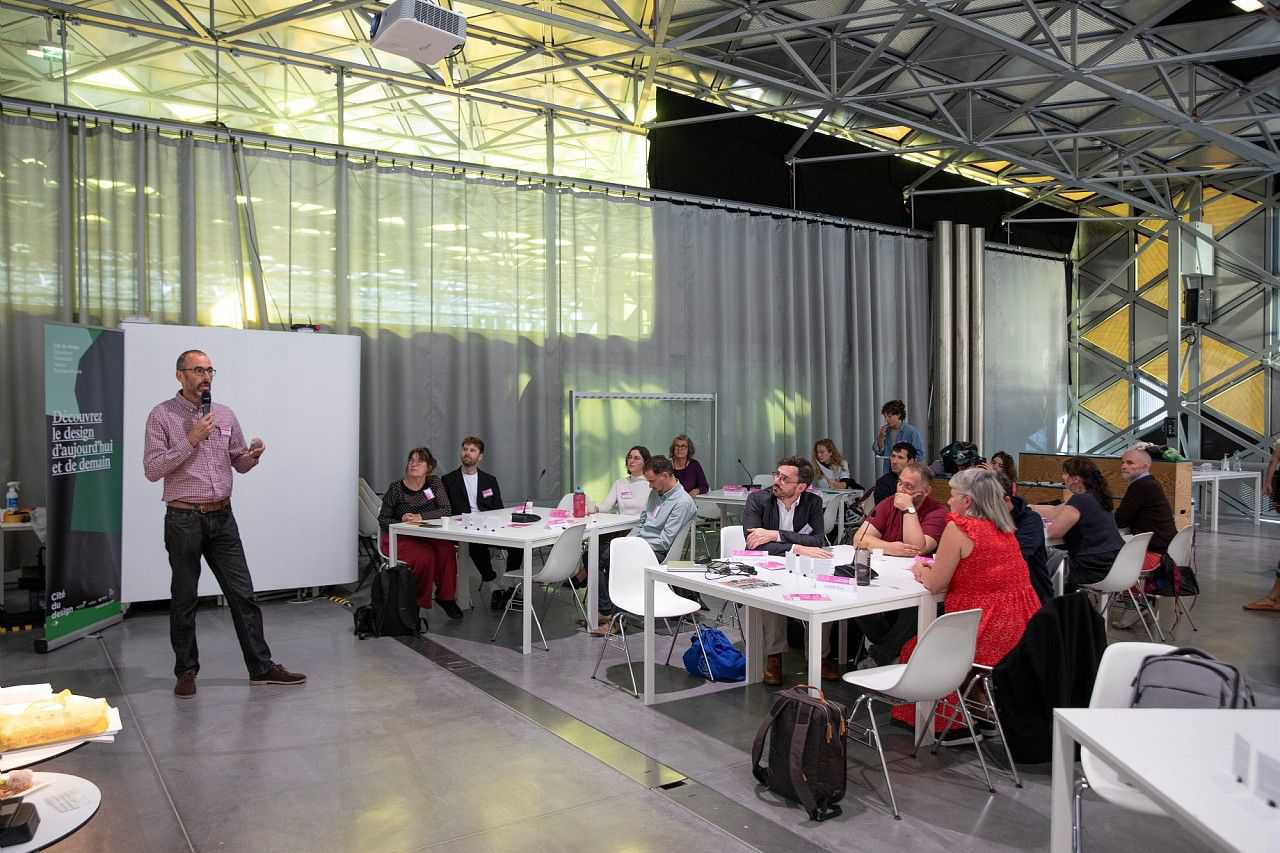
What better ally than design to help road users make the transition to more sustainable mobility?
Sustainable and inclusive mobility, a challenge shared by both cities
Based on a research-innovation project between Saint-Étienne and Montreal, both UNESCO Creative Cities of Design, the aim of the seminar was to bring together experts in design, mobility and urban planning from the two cities to discuss the use of soft modes of transport, in line with the objectives of the environmental and social transition, while meeting the criteria of accessibility for all. The seminar started with presentations by Marc Chassaubéné, President of the Cité du design and Vice-President of Saint-Étienne Métropole, in charge of design, culture and digital technology, and Magda Popeanu, member of the Executive Committee of the City of Montreal, in charge of Organisational Performance and elected City Councillor for the Côte-des-Neiges district.
Design and creativity encourage the involvement of users and the immediate translation into improved uses and practices in our towns and cities.
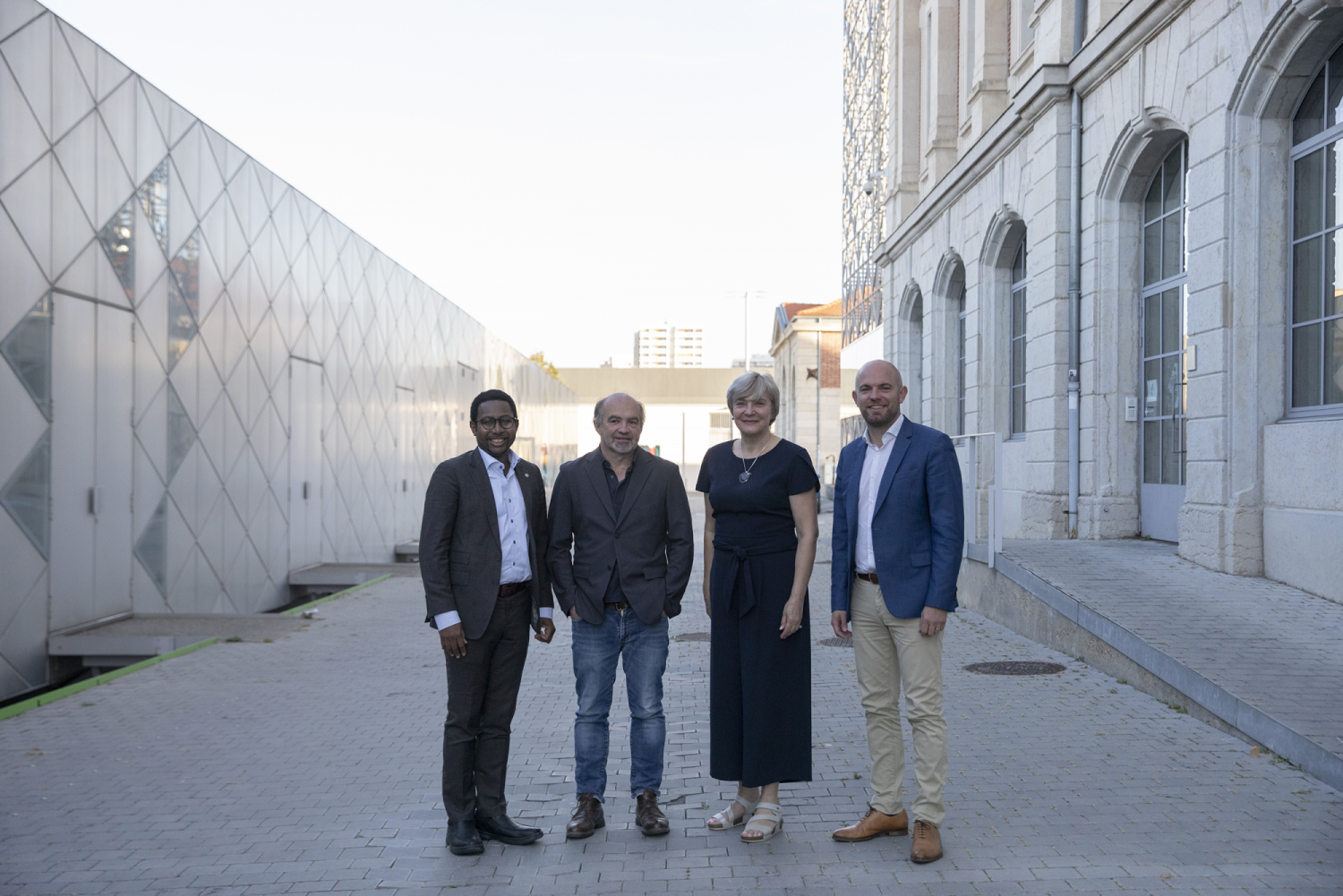
Mobility at the heart of planning policies
Mobility is a cross-cutting planning issue in UNESCO's sustainable development objectives. It is at the heart of all local policies. The transportation sector is undergoing a major transformation, with the emergence of new players and new services. New solutions are constantly being developed, in close contact with users, based on their needs and on technological and digital developments. What are the best practices for developing soft mobility infrastructures? How can we encourage better involvement of users and accelerate the process of their appropriation? What are the benefits of this development for users and economic players? These were the questions asked in the introduction by Nathalie Arnould, Design Manager for the City of Saint-Étienne and Saint-Étienne Métropole, and Patrick Marmen, Chief of Staff of the Bureau du design of the City of Montreal.
Example #1: Copenhagen
In the first part of the day, Jean-Louis Rocheron, an international consultant based in Denmark, was invited as a guest speaker to present Copenhagen, the cycling capital of the world. Over the last fifty years, Copenhagen has completely changed its urban planning to make it easier for cyclists to get around. In order to go to work, to bring children to school or to shop... the Danish family now uses cargo bikes. Cars stay in the garage. There are even more bicycles than inhabitants. The Danish capital has 384 kilometres of cycle paths. It is one of Europe's least polluted capitals.
Example #2: Montreal
Within the City of Montreal's Urban Development Projects Department, Urban Planning and Mobility Section, Manon Wolfarth and Marika Decubber, urban planning advisors, Maëlle Plouganou, planning advisor, and Isabelle Guy, landscape architect, form a multidisciplinary team specialising in soft mobility. Together, they are studying the needs and opportunities for street development, in order to better adapt them to future uses. Among their carried out projects are the famous rue Sainte-Catherine Est, rue Notre-Dame Ouest and the sustainable mobility corridor on boulevard Henri-Bourassa. The City of Montreal's planners are facing the challenge of re-sharing the street and ensuring that the different forms of individual and collective active mobility can coexist. They also have to provide a safe and attractive access to everyone, whatever the season. To meet these challenges, they have implemented strategies for consultation and support in changing mobility patterns, with processes for appropriating public space and, in particular, the deployment of temporary and evolving facilities. Among the projects presented at the seminar, the Laurier Ouest shopping street and the Saint-Antoine and Berri-Lajeunesse-Saint-Denis express bicycle networks have seen their level of shops stabilise and even increase in some sectors thanks to cycling.
Street design is a key element in improving the quality of life of citizens.
At the end of the morning session, Antoine Sambin, Director of Mobility Strategies at the City of Montreal's Agency for Sustainable Mobility, focused on a highly innovative project for a mobility hub and parking facilities better suited to the use of soft modes, reflecting the changes currently taking place in planning and development in the City of Montreal.
An expert in the development of strategic studies and the launch of innovative services and products, Antoine Sabin has worked for French car manufacturer PSA Peugeot Citroën, on the development of new vehicles and mobility services. He coordinated marketing innovation for French group Transdev's public transport networks, successfully launched the European intercity coach service Ouibus and modernised the passenger experience on Hong Kong's trams. Now Director of Mobility Strategies at the City of Montreal's Agency for Sustainable Mobility, a semi-public agency, he coordinates data collection and analysis, research and innovation partnerships and mobility studies for the City and its boroughs.
Example #3: Saint-Étienne
Lois Moreira, Head of Saint-Étienne Métropole's Cycling Plan, described the unique history of cycling in Saint-Étienne and the genesis of Saint-Étienne Métropole's cycling plan, initiated by cycling users members of the OCIVELO association. In June 2019, the local authority approved a 41 million euros cycling plan based on a 135 km metropolitan-wide cycle network.
The day after the seminar, on Wednesday 11 October, the Montreal delegation was offered to discover Saint-Étienne's cycling facilities equipped with Vélivert, Saint-Étienne Métropole's self-service electric bicycles. They drove from the Cité du design to the Technopole and the Soleil district, via the green lane, along the third tram line and the facilities in the Chateaucreux station area...
In the shoes of the user
In the afternoon, an interactive workshop led by Thomas Rosset and Camille Pechoux, from Praxie design, gave participants an opportunity to put into practice the uses of mobility for all, by stepping into the shoes of a user, in order to identify solutions for more inclusive soft mobility.
Praxie Design advises companies and local authorities wishing to develop walking and cycling as means of transport and improve public spaces and their use. Praxie Design produced the following videos: « Les roues des possibles ».
Many thanks to all the speakers and participants!
The event was organised as part of the "Innovation through design in public action: soft mobility project", built over two years (2023-2024) following the 34th edition of the Entretiens Jacques Cartier held in Montreal in 2022, and supported by the Fonds franco-québécois de Coopération Décentralisée (France-Quebec Fund for Decentralised Cooperation). It is part of a long-standing collaboration between Montreal and Saint-Étienne, both members of UNESCO Creative Cities of Design Network.
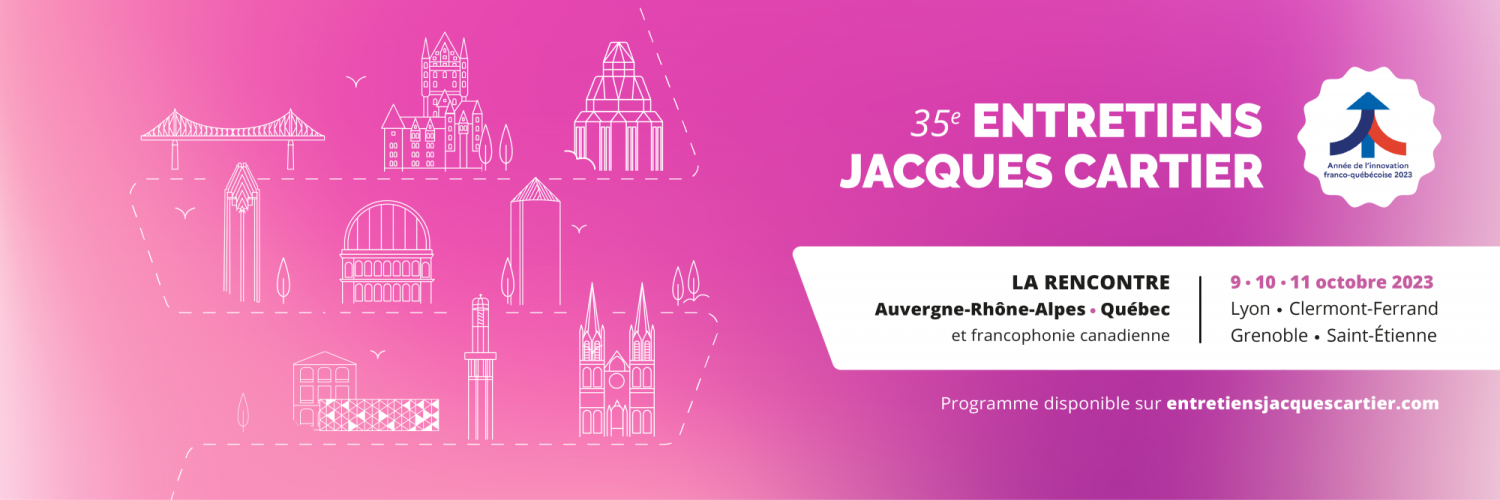
About the Centre and the Entretiens Jacques Cartier
Le Centre Jacques Cartier fosters collaboration between the academic, scientific, cultural, economic and institutional sectors of the Auvergne-Rhône-Alpes region (France) and Quebec (Canada). Through its network and events, it promotes the French-speaking world and strengthens the social and economical spin-offs in France and in Quebec. The Entretiens Jacques Cartier, its flagship event, takes place every other year in one of the two regions.
The 35th Entretiens Jacques Cartier were held in France from 9 to 11 September 2023, in Lyon, Grenoble, Clermont-Ferrand and Saint-Étienne. This not-to-be-missed event brings together the French-speaking scientific, academic, cultural, economic and political ecosystems of the Auvergne-Rhône-Alpes region, as well as of Quebec and French-speaking Canada. This year's conferences and interdisciplinary meetings were dedicated to the Year of Innovation France-Quebec (AIFQ).
A short summary of the day (video in French)

Exposition et colloque

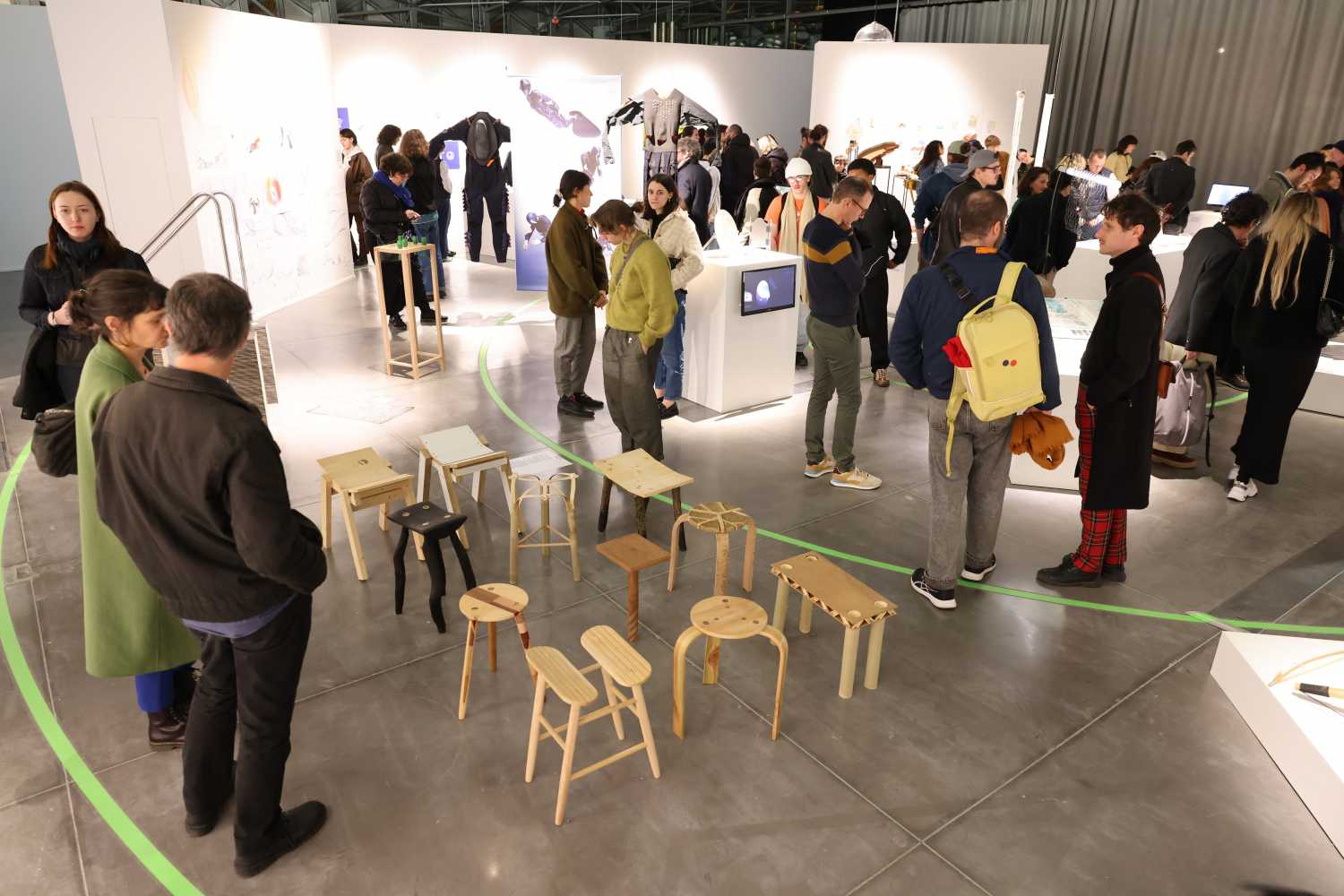
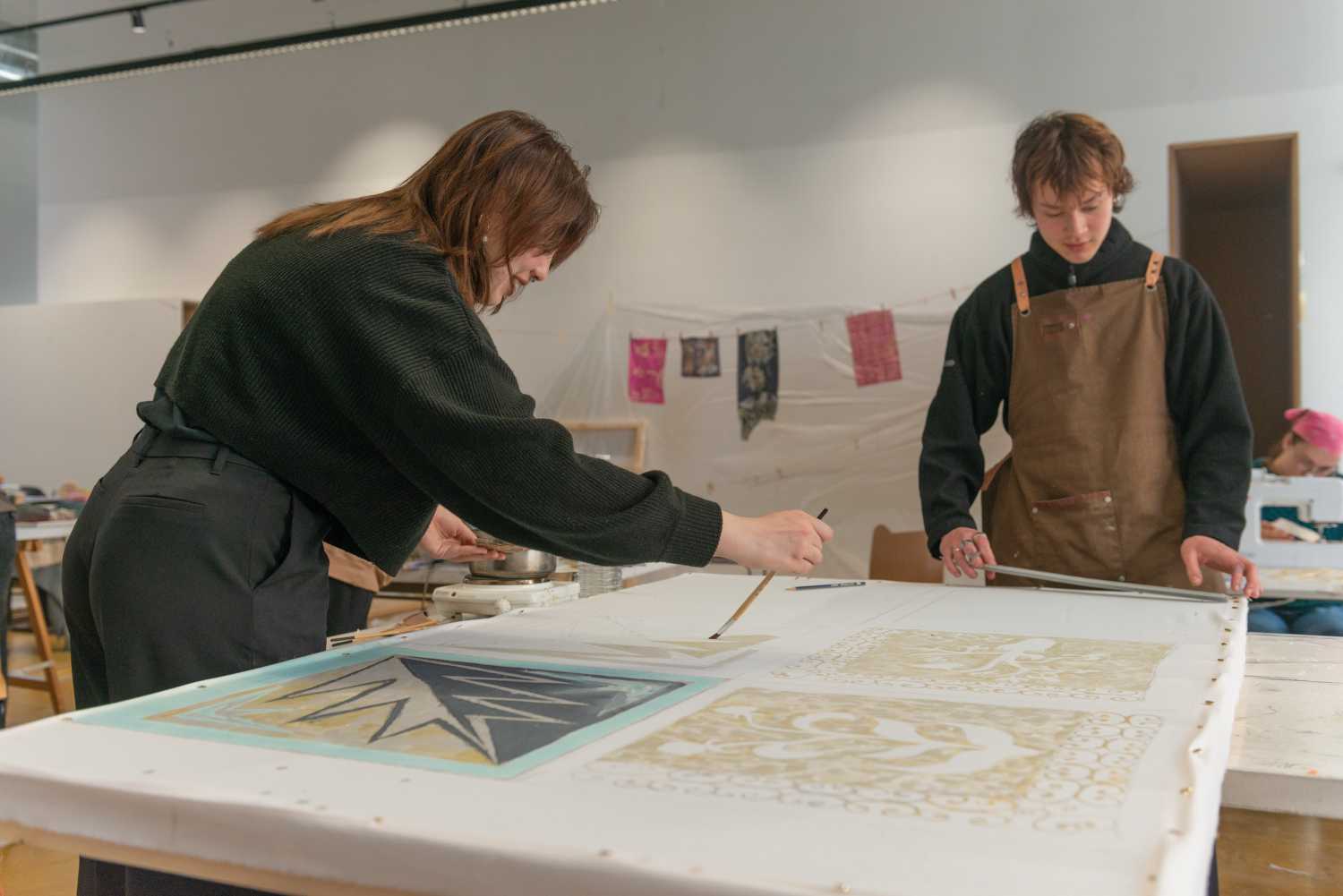
Composite
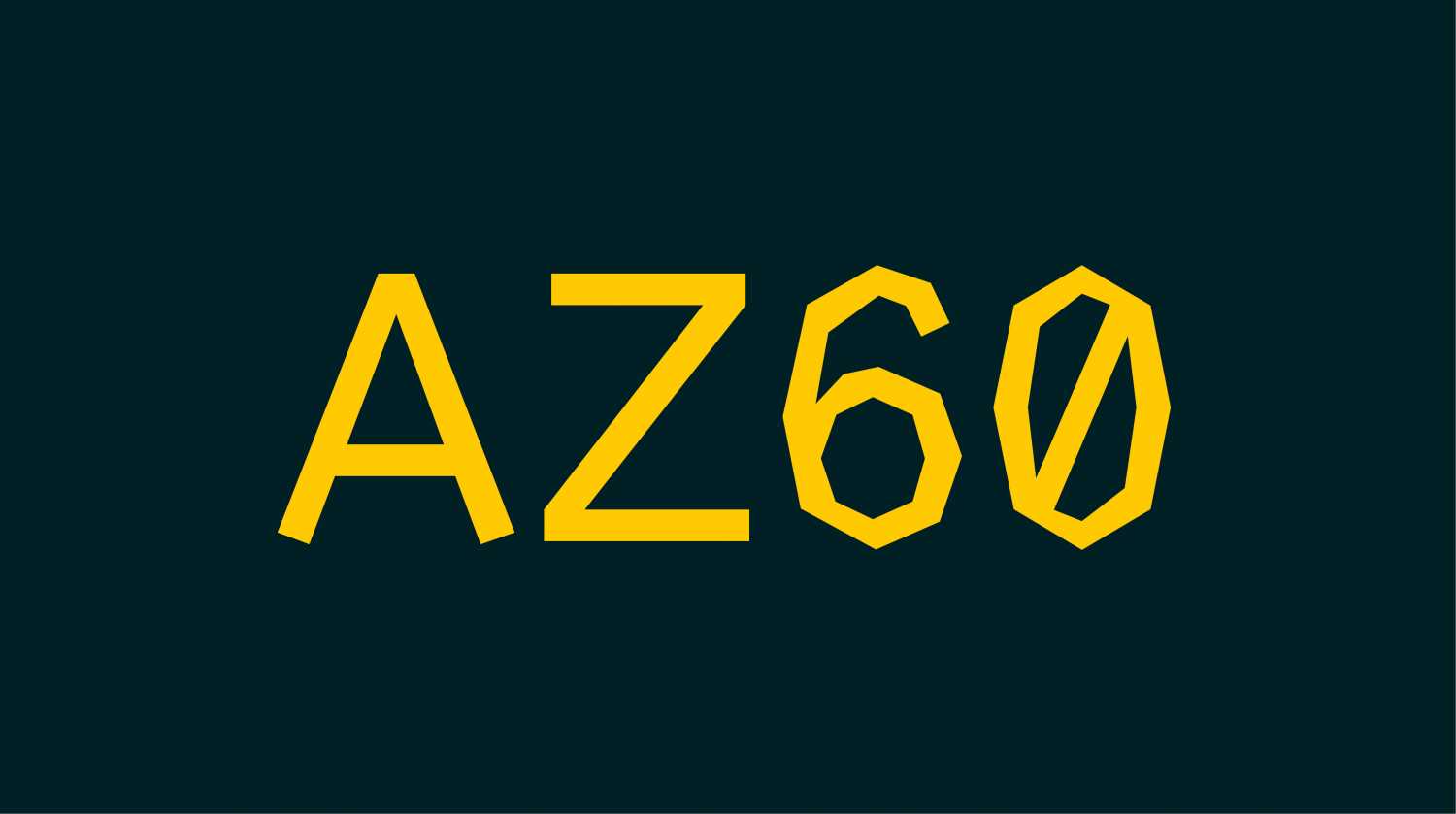
Votre navigateur est obsolète, l’affichage des contenus n’est pas garanti.
Veuillez effectuer une mise à jour.